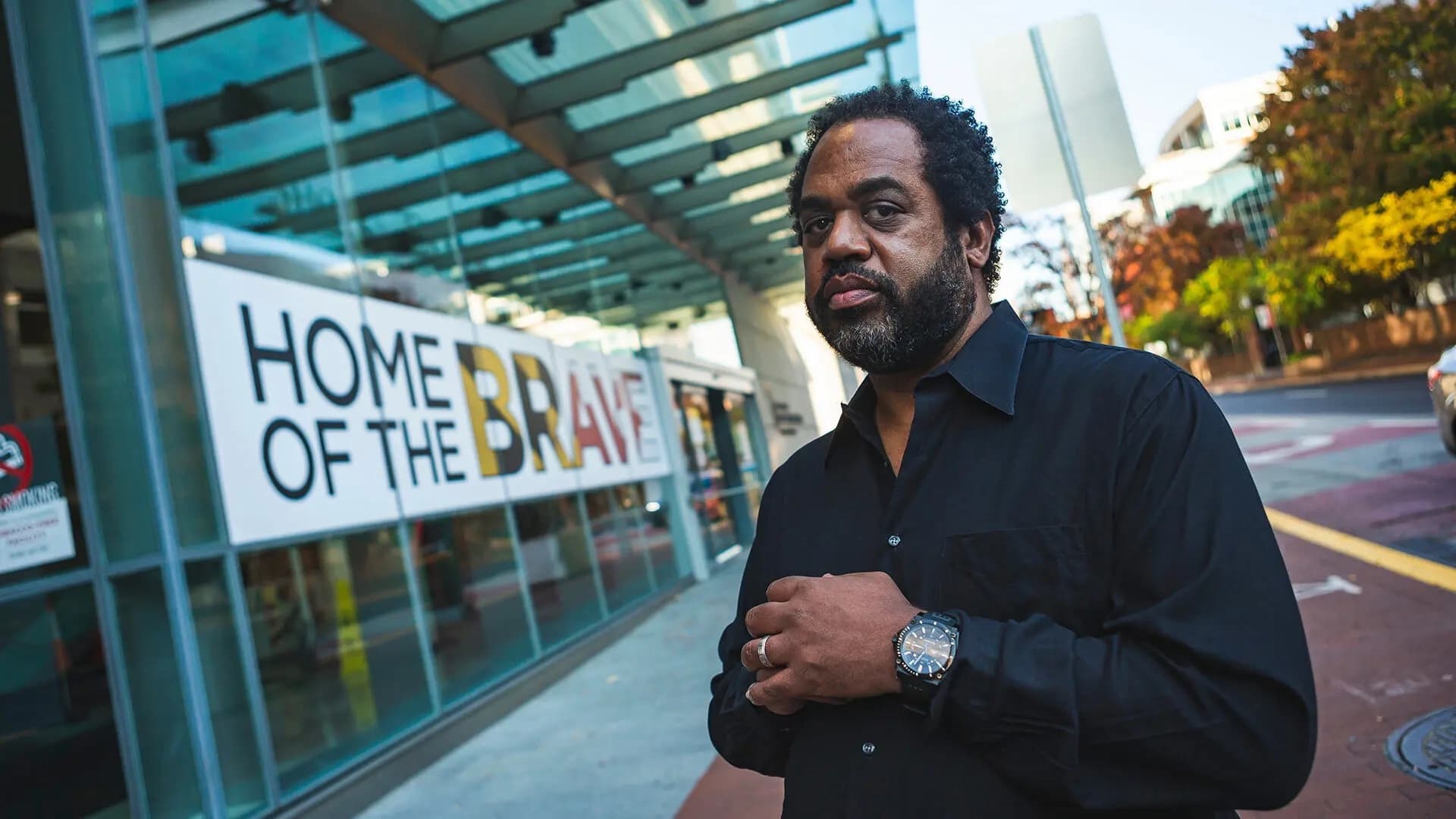COLLEGE PARK, Md - Joseph Richardson Jr., the MPower Professor of African-American Studies, Medical Anthropology and Epidemiology at the University of Maryland, was elected to the National Academy of Medicine. Best known for his work studying the effect of urban gun violence on Black youths and young men, Richardson was cited by the academy for his pioneering work “translating science into the development of innovative interventions to reduce gun violence and firearm-related morbidity and mortality.”
“I am tremendously proud, honored and humbled to be selected as a member of the National Academy of Medicine,” said Richardson, who holds a secondary appointment in the Department of Epidemiology and Public Health at the University of Maryland School of Medicine. “I look forward to dedicating my life’s work to research and high-impact translational science that can improve the human condition.”
He is one of 90 new members and 10 international members to receive the honor, announced on Monday, recognizing professionals in the fields of health and medicine who have demonstrated outstanding professional achievement and commitment to service. Though UMD does not have a medical school, he is its second faculty member elected in the past two years, joining one of his mentors, Ruth Enid Zambrana, a Distinguished University Professor in the Harriet Tubman Department of Women, Gender, and Sexuality Studies and affiliate professor in the departments of African American Studies and Sociology.
Richardson’s election brings the number of UMD faculty who are members of at least one of the national academies to a record 69.
"Dr. Joseph Richardson's election to the National Academy of Medicine is a remarkable achievement and a testament to his research and exemplary community engagement," said university President Darryll J. Pines. "His multidisciplinary approach to gun violence prevention has advanced promising solutions that save lives. As we stand united through the 120 Initiative, Dr. Richardson's expertise strengthens our university's resolve to make meaningful change."
Richardson has worked with hundreds of victims of gun violence over the years, including at the University of Maryland R Adams Cowley Shock Trauma Center in Baltimore and the University of Maryland Capital Region Medical Center in Largo. He has interviewed dozens of victims of gun violence and connected them to the hospital-based programs he’s led in an effort to reduce trauma, criminal recidivism and the likelihood of gun violence victims becoming gun violence offenders. (Some of this work is reflected in Richardson’s award-winning digital storytelling project, “Life After the Gunshot.”)
He also founded and directs the Transformative Research and Applied Violence Intervention Lab (TRAVAIL), which integrates behavioral and social science, medicine, public health, social work, law, computer science and the digital humanities to understand the causes and collateral consequences of gun violence, and to develop innovative interventions to reduce gun violence.
"Professor Richardson's tireless and fearless commitment to studying gun violence—often through individuals' firsthand experiences—is truly awe-inspiring work,” said Susan Rivera, dean of the College of Behavioral and Social Sciences (BSOS). “BSOS could not be more proud of Professor Richardson: for being elected to the National Academy of Medicine and more broadly, for the profound and positive impact he is having on one of the greatest challenges of our time."
Richardson, who joined the UMD faculty in 2006, is an advisory board member for the Maryland Violence Intervention and Prevention Advisory Council, and co-chair of the District of Columbia Violence Fatality Review Committee. He is one of eight inaugural MPower Professors, an award from the University of Maryland Strategic Partnership: MPowering the State (MPower) initiative that recognizes, incentivizes and fosters faculty collaborations between the College Park and Baltimore campuses.

